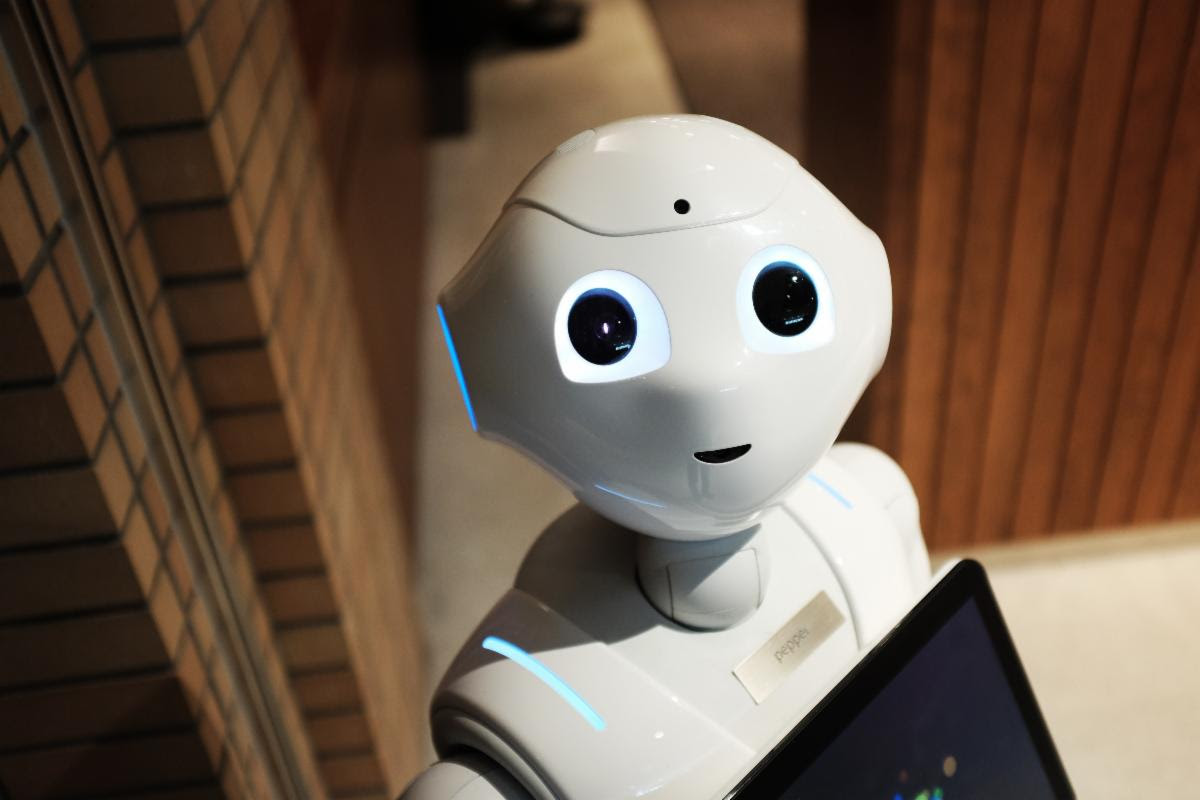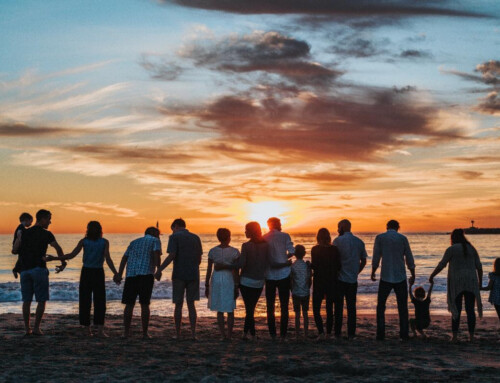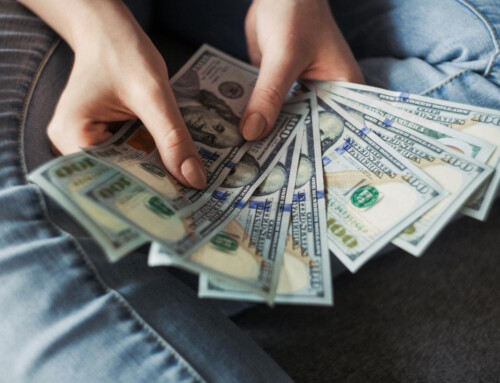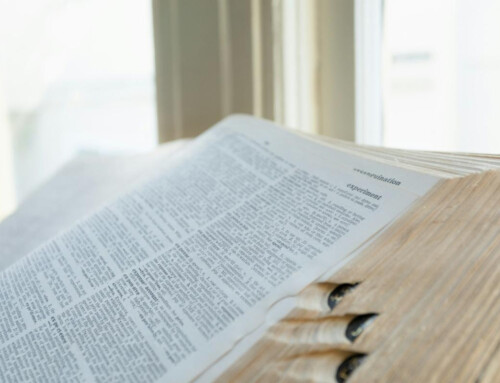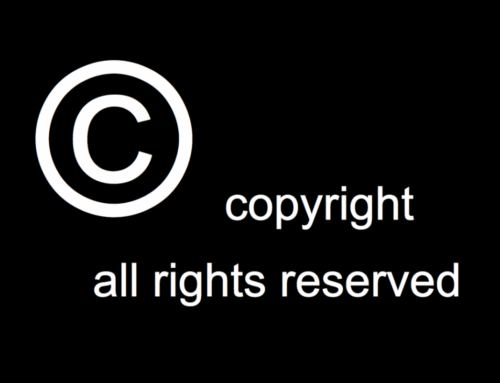Last month, in Thaler v. Perlmutter, the District of D.C. reiterated that the US copyright laws protect only works created by humans.
The plaintiff, Stephen Thaler, owns a computer system called the “Creativity Machine.” He sought to register the copyright in a work of art generated by the machine.
On the application, he listed the Creativity Machine as the author and stated that because he owned the machine, the artwork was a work made for hire, and he was, therefore, the owner of the copyright in the work the machine created.
Not surprisingly, given the US Copyright Office’s position on works created solely by artificial intelligence (AI), the Copyright Office denied the application on the grounds that the work lacked human authorship.
Thaler twice requested reconsideration of his application, arguing that AI should be acknowledged as an author “where it otherwise meets authorship criteria.” Both times the Copyright Office denied registration.
At this point, Thaler sued Shira Perlmutter, the Register of Copyrights, making the same argument. Unfortunately for Thaler, the court agreed with the Copyright Office, holding that “United States copyright law protects only works of human creation.”
The court noted that the plain text of the Copyright Act provides that a work is copyrightable only if it has an “author.” Although Thaler had argued that the word “author” isn’t defined in the Copyright Act, the court pointed out that for centuries, the law has been interpreted to mean the author must be human.
You may remember the 2018 case involving a monkey who had taken a selfie, in which the court concluded that there was no copyright protection for the selfie because the photo wasn’t taken by a human.
The court cited a number of other examples as well, concluding that “courts have uniformly declined to recognize copyright in works created absent any human involvement, even when, for example, the claimed author was divine.”
This case was limited to the situation in which the work is generated by the AI, but other situations, where the work is created only with the assistance of AI, are not so clearcut.
Earlier this year, the Copyright Office issued guidance regarding when a work created with the help of AI can be copyrighted.
In short, the question is whether the AI merely serves as “an assisting instrument” or whether “the traditional elements of authorship in the work” were “conceived and executed by” the AI.
For example, according to the guidance, if the AI produces a complex work based on a prompt from the human, the technology, not the human, is creating the work, so that work is not copyrightable. The guidance compares this to someone hiring an artist to create a commissioned work.
On the other hand, a work may include expressive material from both a human and an AI. For instance, a human might “arrange AI-generated material in a sufficiently creative way” or modify a work originally created by an AI “to such a degree” that the work is protected by copyright.
In this situation, the material created by the AI is still not copyrightable, but the human-authored aspects of the work will be protected.
Please feel free to contact us if you have any questions about protecting your rights in materials you create using AI or about any other aspect of copyright law.
Photo by Alex Knight on Unsplash

